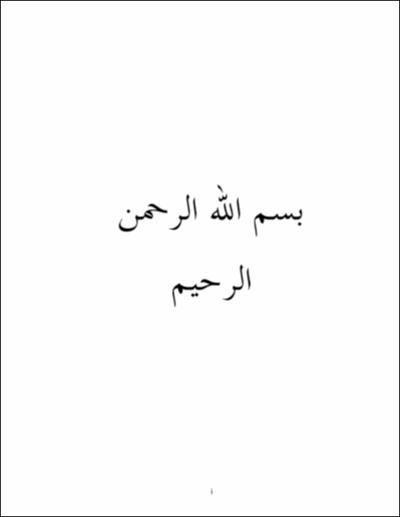| dc.description.abstract | This research examines the means of proving zinā under the Islamic Law and its implementation in the Syariah Courts of Brunei Darussalam. In respect of punishments, there are distinct differences between the punishments prescribed for the offence under Islamic Law and the punishments under the applicable law in the Syariah Courts; where according to Islamic Law, punishments for zinā involve ḥadd punishment which is stoning to death, whipping and being sent into exile (state or district). Whereas under the applicable law in the Syariah Courts, zinā offences are only punishable by taᶜzīr, either imprisonment or fine. Since most classic fiqh books have deliberated that zinā is punishable by ḥadd, several Islamic Law Practitioners in Brunei Darussalam had held different views concerning the means of proving zinā. Some are of the view that the burden of proof is still the same regardless whether zinā is punishable by ḥadd or taᶜzīr. This research will further exclusively analyze the issue regarding the differences between ḥadd and taᶜzīr together with their burden of proof and the real practice of proving zinā punishable by ḥadd and taᶜzīr in addition to the study of the implementation of carrying out punishments of zinā offence in the Syariah Courts. In conducting this research, researcher has applied primary data source where interviews are carried out with various law enforcement agencies involving Syar’ie Judge, Syar’ie Prosecutor, Syar’ie Lawyer and Syar’ie Law Enforcement Officers; and simultaneously has utilized secondary data source comprised of classic fiqh books, contemporary fiqh books, juornals, court judgments and others. The research findings has identified that there are apparent differences in proving zinā punishable by ḥadd and zinā punishable by taᶜzīr, in terms of shahādah, iqrār, qarīnah, bayyinah, expert’s opinion and many more. Further, the researcher has proposed that the view of some classic Islamic jurists and comtemporary Islamic scholars that qarīnah can be used as primary evidence to prove zinā cases punishable by ḥadd be considered, taking into account the advance ability of science and technology nowadays. | en_US |



